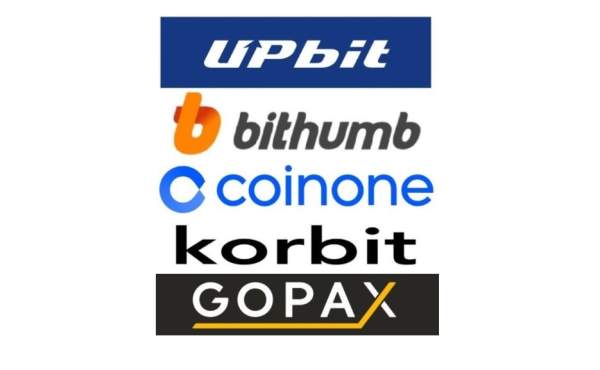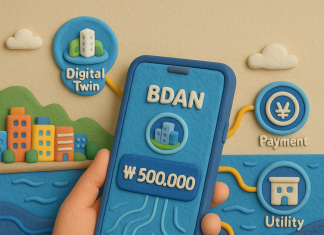
A consortium of leading cryptocurrency exchanges in South Korea has introduced a system designed to notify users about price volatility and fluctuations in cryptocurrency prices.
This initiative aims to provide users with timely information and alerts regarding the dynamic nature of cryptocurrency markets, helping them make informed decisions and manage their investments effectively.
The newly implemented system sends out messages to users in various scenarios and these messages are triggered when there is a significant surge or decline in the price of coins within the previous 24 hours.
Additionally, it also informs about a notable increase in trading volume over the past 10 days, a sudden spike in deposit volume within the past 10 days, larger disparities between actual coin prices and the coin market cap, and accounts engaged in heavy trading activities.
The alliance, known as the Digital Asset Exchange Association (DAXA), consists of major South Korean cryptocurrency exchanges such as Upbit, Bithumb, Coinone, Korbit, and Gopax. The primary objective of this alliance is to address information asymmetry within the cryptocurrency market.
DAXA Sets Standards For Exchanges
Following DAXA’s recent announcement of ethical standards for its members, the alliance has taken another significant step forward. The introduced standards, known as the DAXA Internal Control Standards and the Code of Ethical Conduct for Virtual Asset Operators, lay out the guidelines that virtual asset service providers must adhere to in their business operations.
These standards serve as a framework for ensuring responsible and ethical practices within the virtual asset industry, aiming to enhance transparency, consumer protection, and overall integrity in the market.
As outlined in the standards set by DAXA, one of the guidelines specifies that member cryptocurrency exchanges must engage the services of a third-party legal expert when making decisions regarding the listing or delisting of cryptocurrencies.
Importantly, the standard also emphasizes that the chosen legal expert must not have any conflicts of interest, ensuring an impartial assessment of the legal implications and considerations involved in such decisions.
South Korea Enacts New Crypto Legislation
The South Korean National Assembly has recently approved legislation aimed at establishing a legal framework for the regulation of cryptocurrencies. Under the new law, digital asset service providers (VASPs) are required to implement certain measures.
These include the separation of user funds from their own, as well as the obligation to provide insurance coverage for customer deposits. This is intended to enhance the security and protection of user funds within the cryptocurrency ecosystem.
Another notable development is the forthcoming implementation of the Virtual Asset User Protection Act which will enforce additional regulations. Under this Act, VASPs will be required to store crypto reserves in cold wallets, ensuring a higher level of security against potential hacking or theft. They must also maintain comprehensive records of all transactions for transparency and regulatory purposes.
The legislation mandates the Korean Financial Services Commission to conduct inspections of VASPs, ensuring compliance with the regulations and safeguarding the interests of users. Additionally, the Bank of Korea will supervise the data handled by service providers, adding another layer of oversight to ensure data management practices are in place.
anushsamal(2023.07.05) “Crypto Exchanges In South Korea Roll Out Volatility Monitoring System”
retrieved from https://bitcoinist.com/crypto-in-south-korea-volatility-monitoring-system/






